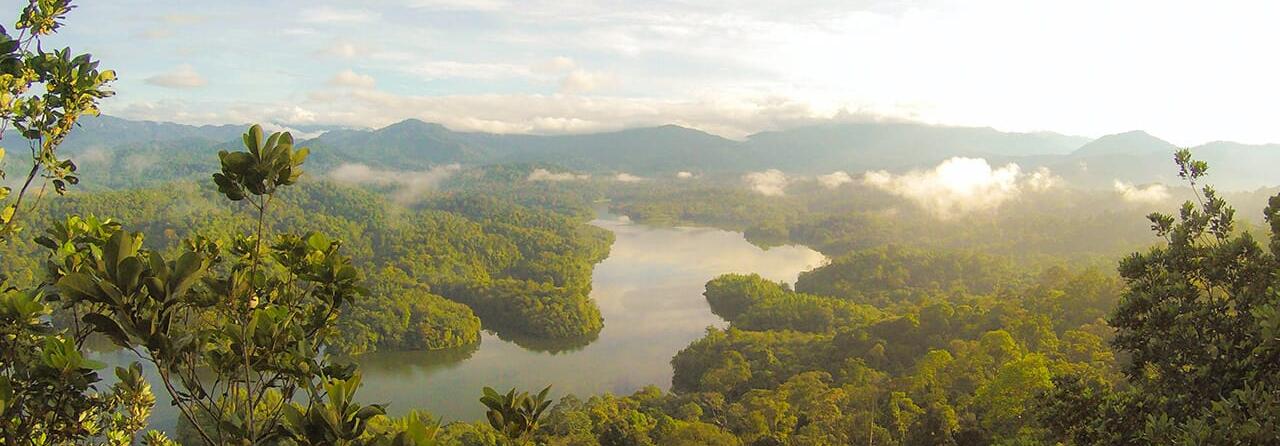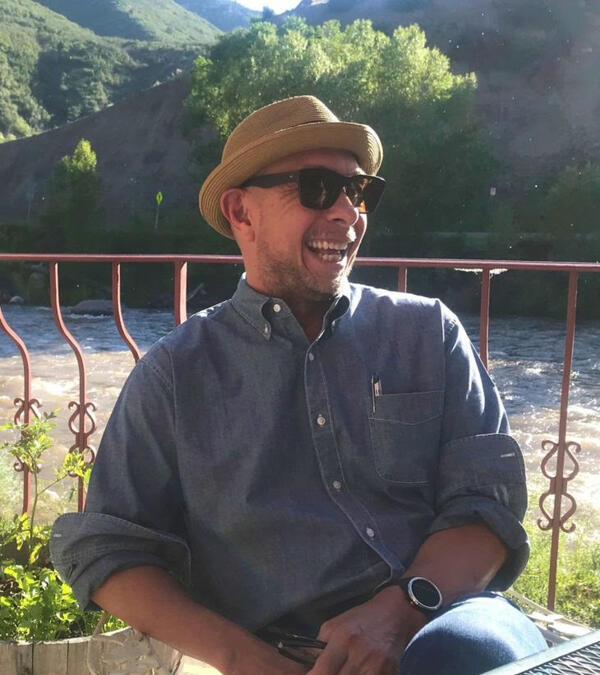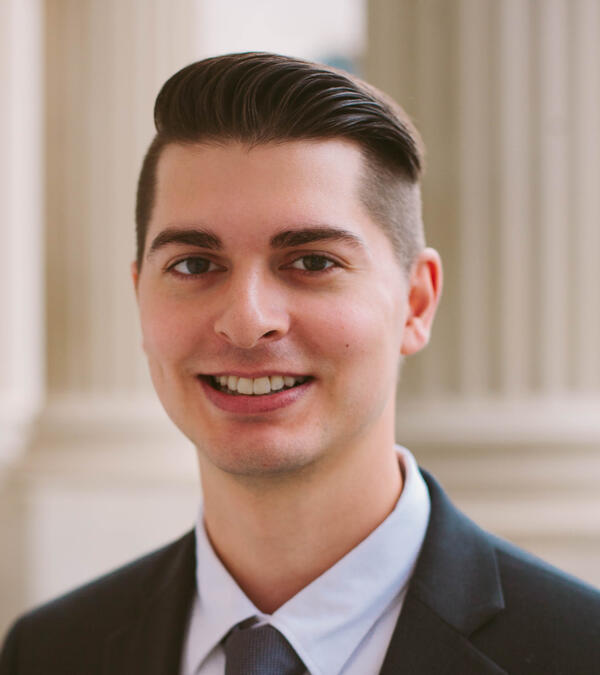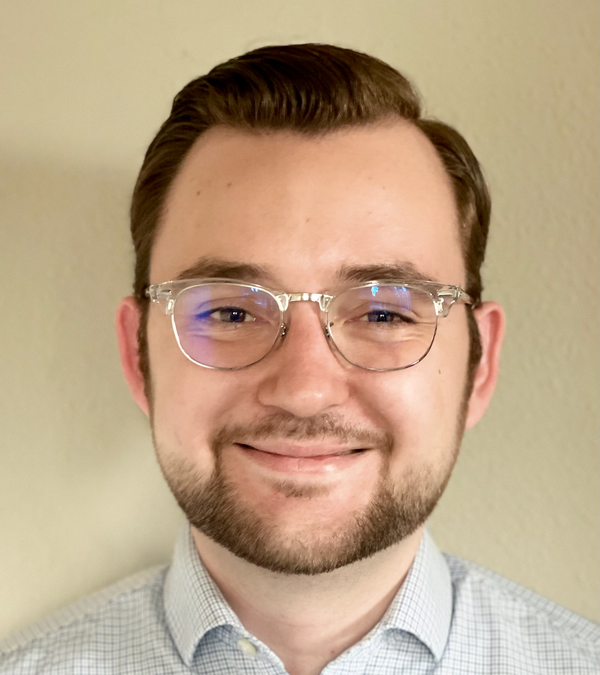Tribal Resources and Sovereignty Clinic
(Spring24) ENV 962 Tribal Resources and Sovereignty Clinic
Supported by the SNF Fund for the Integration of Theory and Practice
Professor: Patrick Gonzales-Rogers, pat.rogers@yale.edu
Teaching Fellows: Nicota Stevenson (nicota.stevenson@yale.edu), Sonora Taffa (sonora.taffa@yale.edu)
Meeting Time: Wed, 9:00-11:50 am
Location: Kroon Hall, Room G01
Applications are open for the Tribal Resources and Sovereignty Clinic. The clinic will be offered both Fall 2023 and Spring 2024. Students are strongly encouraged to enroll in both semesters and priority for spring semester will be given to students enrolled for fall.
Course Description:
This graduate-level course, taught by Patrick Gonzalez-Rogers, former Executive Director of the Bears Ears Coalition, offers a comprehensive examination of Indigenous resource management with a focus on themes related to land use, cultural preservation, and environmental conservation. The course is structured into two components: lectures and clinical projects. In the lectures, students will gain a foundational understanding of crucial concepts such as Tribal Sovereignty, the trust duty, co-management, and shared stewardship. Through engaging discussions and analysis of contemporary case studies, students will explore successful co-management practices between tribes and various stakeholders, including federal governments, states, and private actors. The course also offers a unique clinical component where students will be placed with a partner organization and participate in real-world projects related to Indigenous resource management.
If you have any issues completing this application, please reach out to the clinic teaching fellows: Nicota Stevenson (nicota.stevenson@yale.edu) and Sonora Taffa (sonora.taffa@yale.edu).
*Please submit the application for this course no later than Tuesday, 1/9/24.
Application Requirements:
-
This course is open to graduate students at the Yale School of the Environment, the Law School, the School of Management, and the Divinity School, as well as Yale College undergraduates and graduate students from other departments (subject to instructor approval). There are no prerequisites for this course.
-
Interested students are required to submit an application detailing their motivation, relevant background or experience, and their commitment to actively contribute to the course and clinical projects. Please submit your application by completing this Google Form (available on the course website or your school’s course registration website).
-
Course enrollment will be capped at 30 students.
This course will enable students to:
-
Gain familiarity with concepts and issues in natural resource management;
-
Develop an appreciation of the complex dynamics between policy formulation and the different levels of government and various stakeholders;
-
Assess the implications of incorporating different forms of knowledge (disciplinary knowledge, local knowledge, Indigenous knowledge, expert knowledge, and citizen knowledge);
-
Develop a critical theoretical and historical underpinning for their work, develop a personal self-reflexive stance of openness to various forms of knowledge and different community values, and sharpen their written and oral analytic skills; and
-
Combine theoretical knowledge with practical application in real-world projects and gain valuable insights into the challenges and opportunities faced by Indigenous communities when working with partner organizations.
People and Partners
2023
2022
Yale School of the Environment
Kroon Hall
195 Prospect Street
New Haven, CT 06511
Email: ycej@yale.edu












